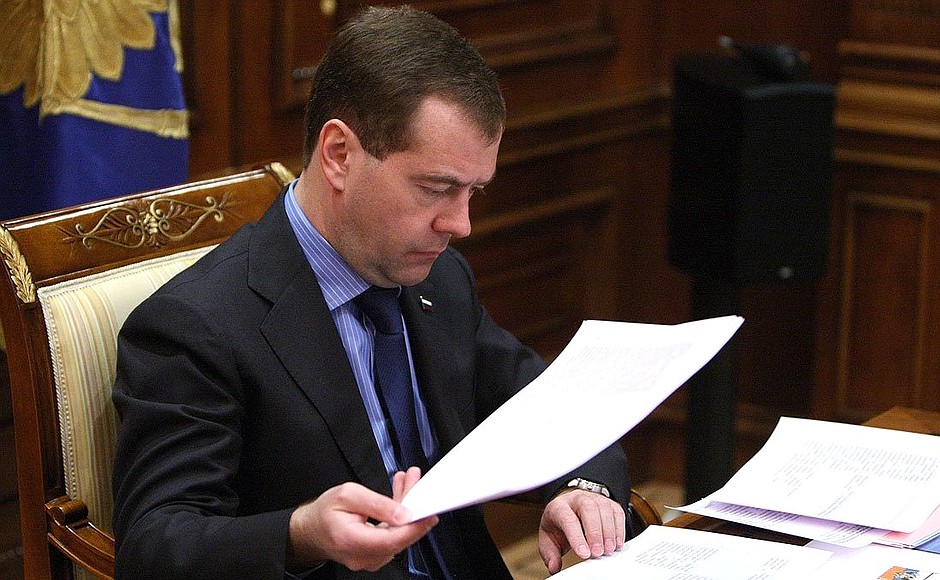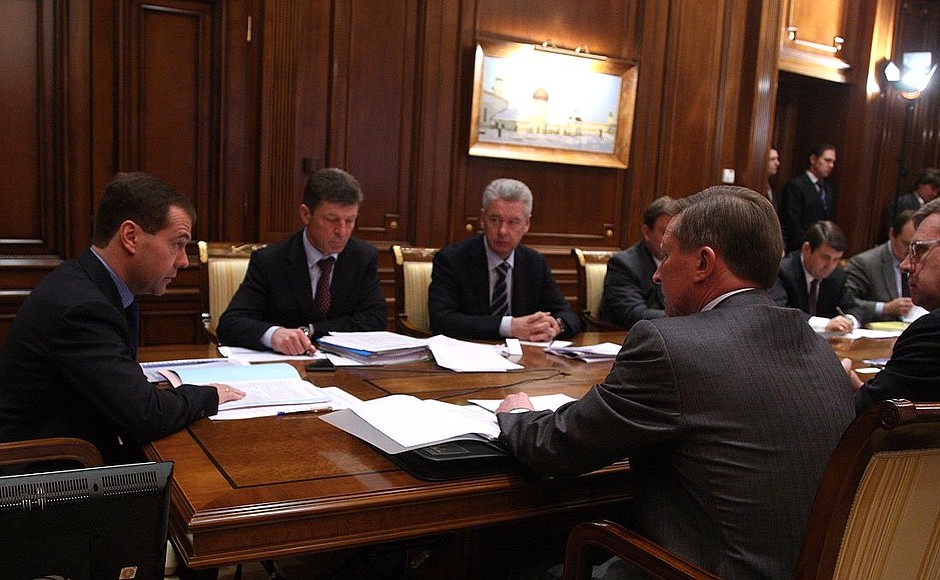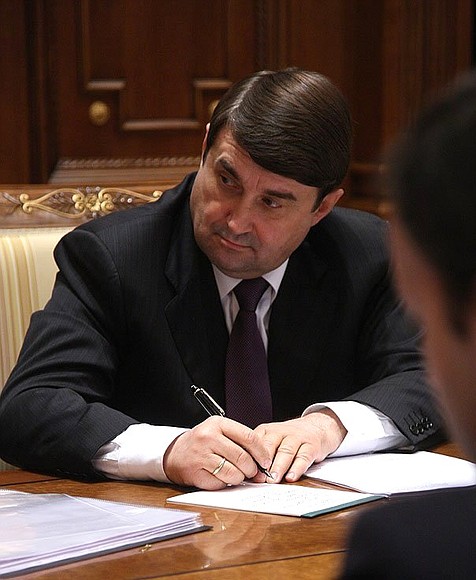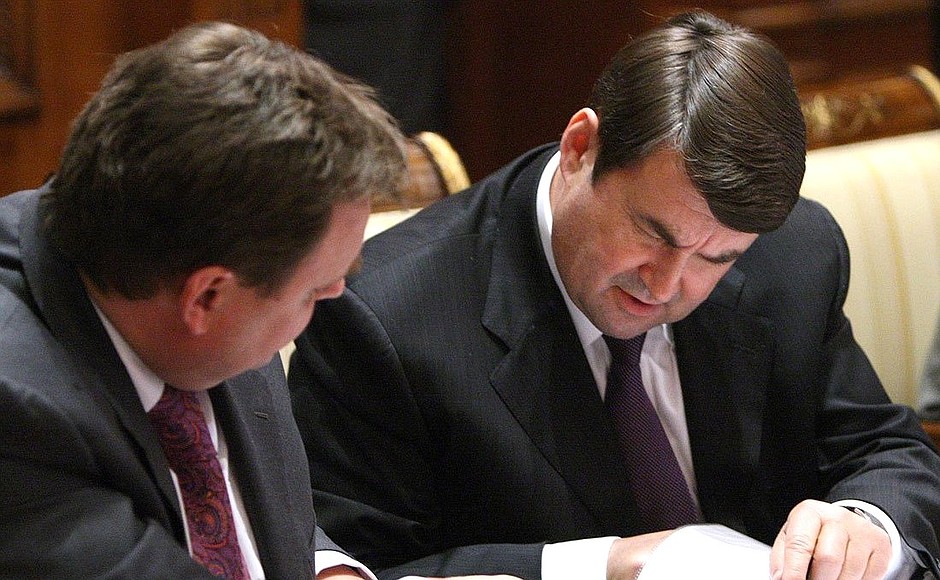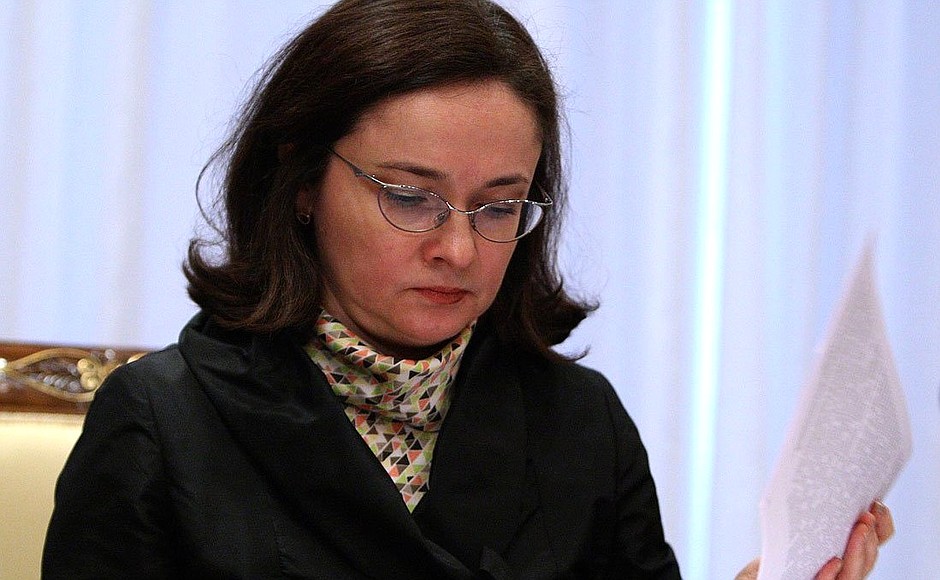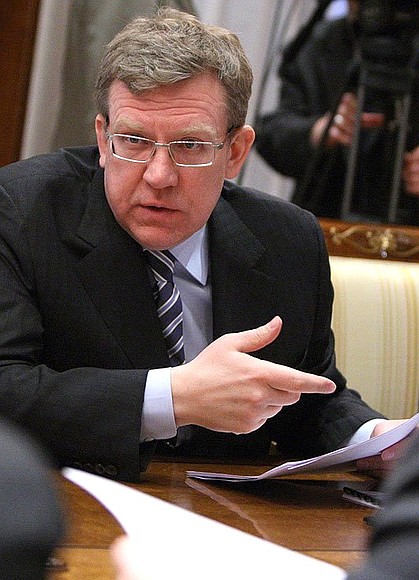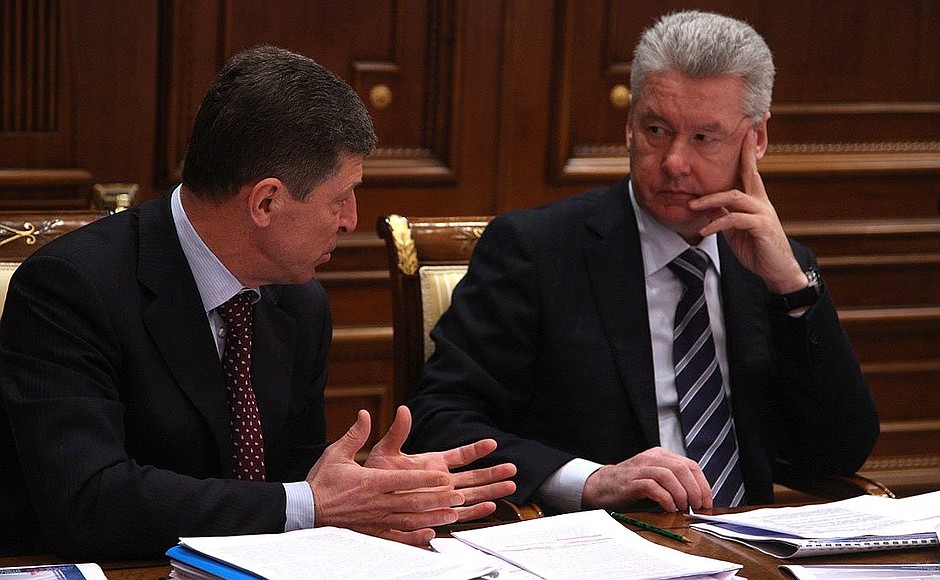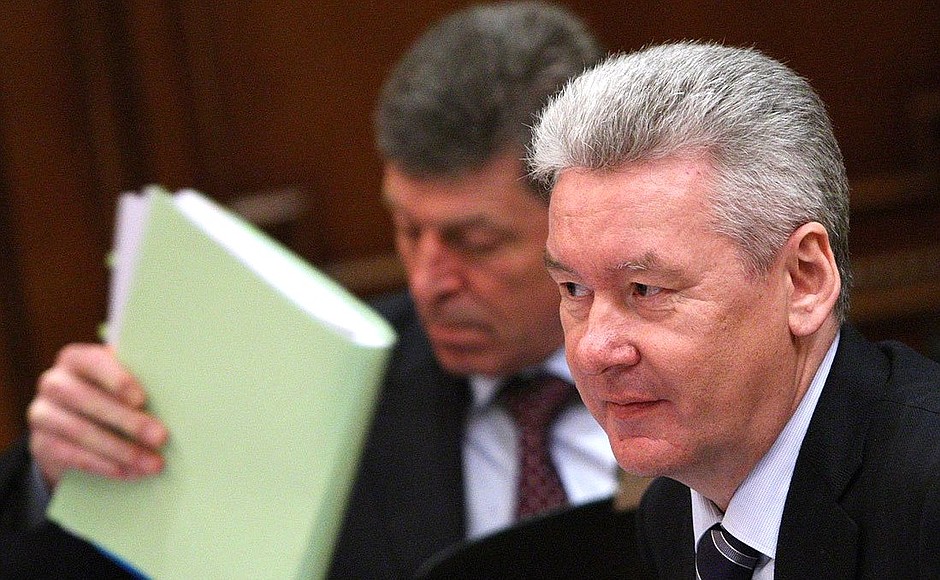Mr Medvedev also said it would make economic sense to design a system of simultaneous tenders for construction of roads and for their subsequent operation, so as to offer incentives to reduce overall budget expenses. The Government has been instructed to draft the relevant legal acts on these matters.
President Medvedev noted that he expects the implementation of instructions set out in the Executive Order On Creating a Comprehensive Transport Safety System, signed on March 31, 2010, to be organised in as effective fashion as possible.
* * *
President of Russia Dmitry Medvedev: Good afternoon,
The subject on our agenda today is transport infrastructure. We were originally scheduled to discuss this last week, but we ended up discussing other transport system issues instead. Now we need to come back to this matter.
I remind you that last year, more than 126 billion rubles [some $4.3 billion] were spent on building federal roads. This looks like a lot of money overall, but at the same time it is not so much at all when you look at the size of our country and the scope of our transportation network, which, for the most part, is in lamentable condition. A further 67 billion rubles were spent last year on road maintenance.
Of course, the more roads we build – and we will keep building more – the greater the overall costs of subsequent maintenance of this transport infrastructure. In this context, one of our top priorities – something we have discussed on many occasions, and one of the matters you in the Government are working on – is to reduce construction costs and the costs of subsequent upkeep and operation of transport infrastructure.
Unfortunately, this is easier said than done. Various meetings, Government meetings, meetings with my involvement too, have examined these matters, and instructions have been given, but the situation has shown very little change so far.
I remind you that this subject was discussed at the State Council Presidium meeting [on innovative development in the transport sector] in Ulyanovsk last November, and a whole series of instructions followed. Specifically, legal acts were to be drafted and approved on developing high-speed motorway and rail links, and improving the use of concession agreements and expanding their application based on foreign experience in this area and the practice in place in other countries. Instructions were also given to draft regulations on the procedures for placing public procurement orders and making long-term contracts for the construction, repair and maintenance of transport infrastructure.
An instruction was given to draw up proposals on organising sustainable financial support for road construction, repair and maintenance using targeted financing sources. I want to hear from those responsible for this work in the Government on where things stand with these instructions today, and, to put it more bluntly, I want to hear the reasons for the delays in carrying out particular instructions.
I specially looked today at what has not been done yet. Regarding the instruction to draft proposals on organising sustainable funding provisions, the Transport Ministry has made its proposals but the Government has still not set out its position. The deadline for carrying out this instruction was extended until June 30 this year.
Regarding the instruction on drafting the legal acts to expand the use of concession agreements which I just spoke about, the deadline was March 1. The Transport Ministry has drawn up a draft law expanding the list of options for concession agreements, selection criteria for concession-holders, and other matters. This draft law is now being reviewed by the Finance Ministry and Economic Development Ministry hence the Government has yet to formulate its position but I remind you that the deadline was March 1, and it is now April.
Furthermore, the Government was given until April 1 to present proposals on improving public procurement procedures regarding auctions and tenders for selecting the best technical solutions, and also for concluding long-term contracts for transport infrastructure construction and maintenance. This deadline has not been met either. This is not good.
We need to discuss what the Government intends to do to address these matters once these documents are ready.
In my Address [to the Federal Assembly] I spoke of the need to introduce new motorways construction technology. We need to do this as soon as possible. I think it would make economic sense to hold simultaneous tenders for road construction and for their subsequent operation, so as to offer incentives for cutting overall budget spending in this area. If we are going to hold these kinds of tenders, let’s organise them together. I therefore ask the Government to draft the necessary legal acts in this regard.
One final but also important point I wanted to make at the outset is that we spoke a lot about transport infrastructure security issues last week. I will not repeat what was said then, but I remind you that I signed an executive order on creating a comprehensive transport safety system and issued instructions accordingly. Work on this issue needs to be organised as effectively as possible. This is a question not of month-long delays in carrying out instructions, or whatever else, but of security. We drafted this order together, and you named the deadlines yourselves, and so now the work needs to go ahead in accordance with the timetable indicated.
